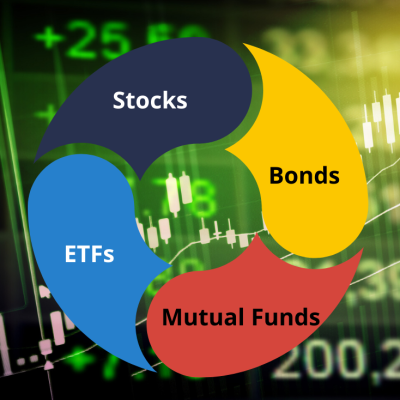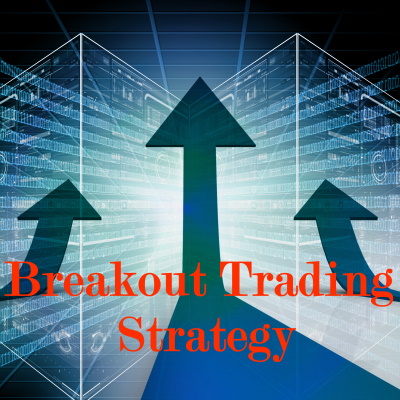Futures Trading for Newbies
The futures market is a highly liquid market, offering investors the opportunity to make huge profits and to diversify their portfolios.

Trading Futures
Futures markets attract traders primarily thanks to their diversity and earnings potential. These markets encompass a wide variety of products from the energy, agriculture and finance sectors, among others, and enable a varied diversification of portfolios.
The following article will encompass all aspects of futures trading, such as a futures contract, leverage in the futures market, margin in the future market, expiration date of future contract and limit moves in the futures market.
What is a Futures Contract?
A futures contract is a legal contract between a buyer and a seller in which the buyer agrees to buy an asset at a defined future time and date and the seller agrees to sell said asset at the same time. The contract will also specify the amount of the asset. In commodities trading, a futures contract for gold, for example, will often entail the delivery of 100 troy ounces.
Leverage in the Futures Market
What does leverage do in the case of a futures contract? Leverage enables a trader to control a contract by investing less than its actual value. Leverage varies from one market to another, but it is often set at ratios of 10:1, 15:1, and 20:1 and so on. It enables the trader to increase profits relative to actual investment. However, it is important to remember that leverage can also work against you—that is, it can also increase your chances of incurring losses.
Margin in the Futures Market
Margin refers to the trader’s actual equity. It is divided into initial and maintenance margin – the former being the amount required to enter into a new contract and the latter the amount left over to maintain that contract. If one’s equity falls below the maintenance margin, the trader will be required to either supplement his/her equity or exit the contract.
Expiration Date of the Futures Contract
Futures contracts – as mentioned – have an expiration date. To extend that date involves “rolling it over”, i.e. selling the contract and buying a new one. A futures contract that expires automatically closes, as do derivatives of that contract, such as CFDs tracking it, unless these are offset with a new contract – rolled over – which entails a roll-over fee.
Limit Moves in the Futures Market
Because futures markets are is highly liquid, entering and exiting a contract at any given time is usually quite easy. There are, however, extreme market moves called limit moves, that can prevent you from entering or exiting the market at a favourable price. A limit move is the highest fluctuation that a futures contract can withstand. After a limit move, it is not possible to trade a futures contract above or below the initial price. The limit price will be set by the exchange on which the futures contract is traded. Limit moves are used in order to limit volatility in price movements.




